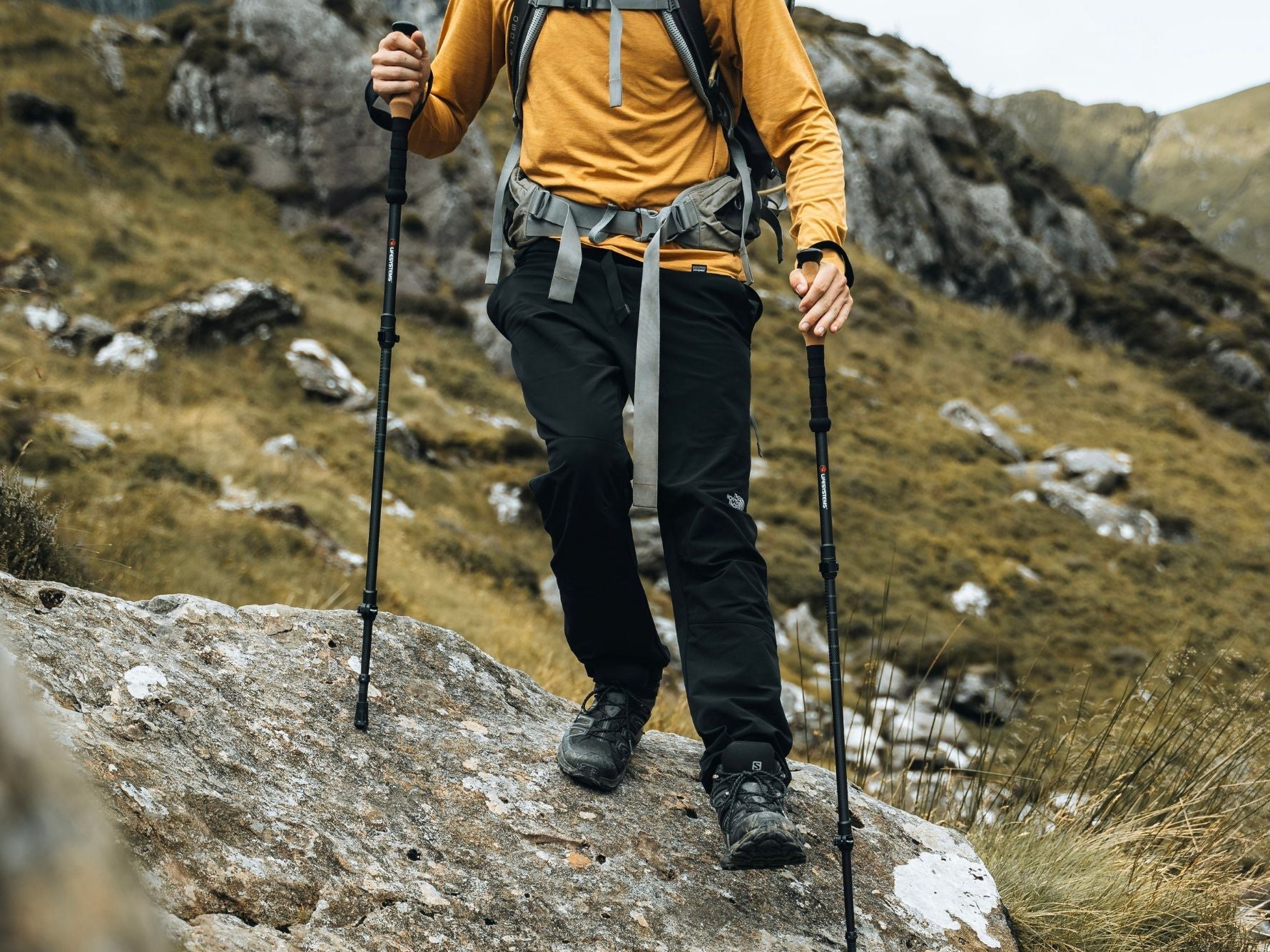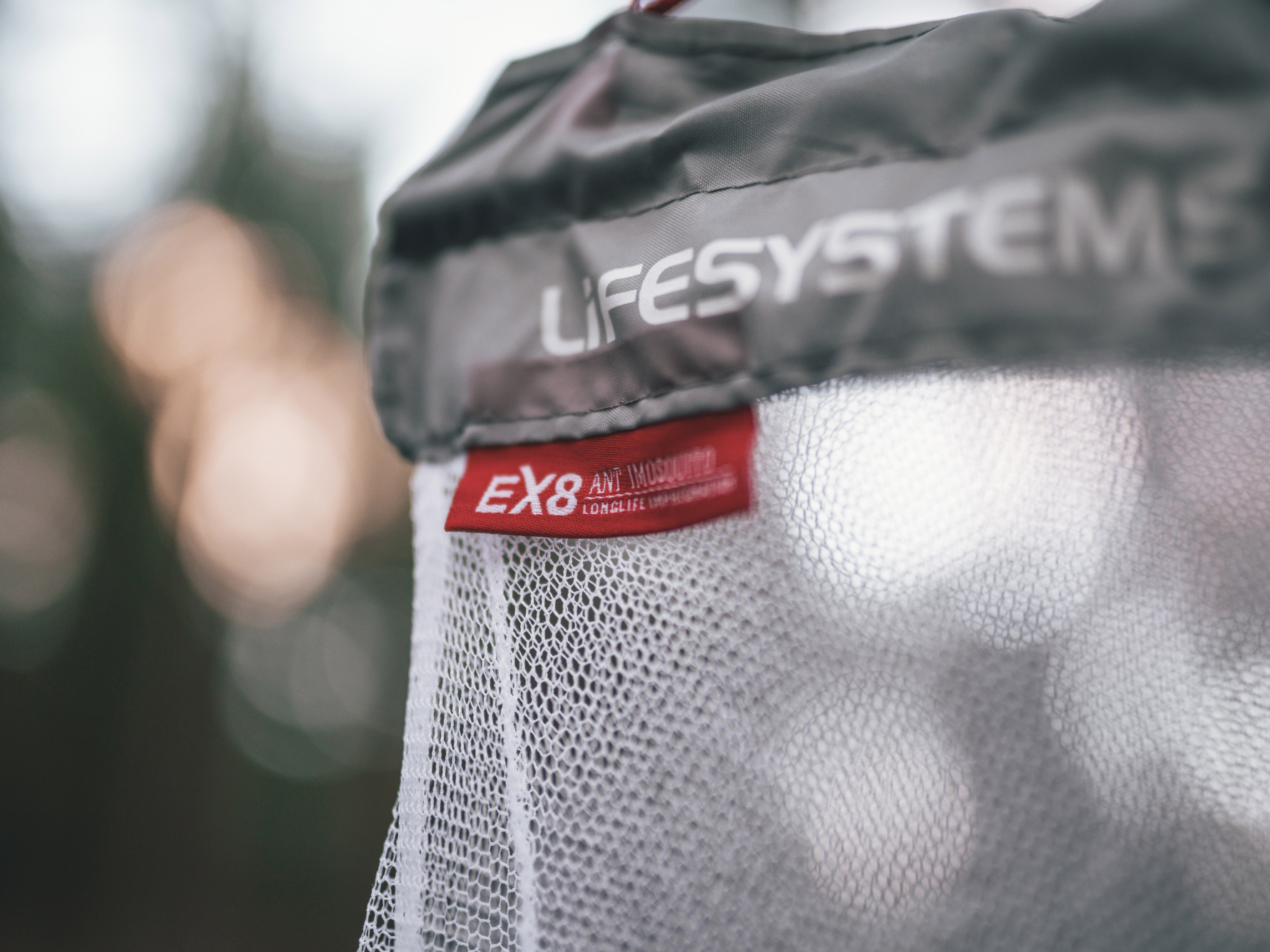3 Outdoor Survival Essentials For Your Pack This Winter and How to Use Them
- Blog

As the days get shorter and the weather becomes colder and more inhospitable, it is more important than ever to ensure you’re adequately equipped before you head out into the hills. To help you gear-up correctly for winter, we’re sharing our top three products to add to your kit list, plus how to use them in the case of an emergency.
Survival Shelter 2
Although intended for emergency use, you may find your Survival Shelter being used more than you think over the winter months. Quick to put up and pack away again, they create a comfortable and sheltered environment for a tea-break or to re-assess your route while out and about. Made of tough, PU-coated fabric with a window and an air vent, the Survival Shelter 2 is extremely easy to deploy. Simply open the bag and remove the shelter keeping the opening at the bottom. Place the fabric over your head and pull the walls down around you. The shelter incorporates waterproof seating panels – sit on these to secure the shelter and then pull the cord at the bottom around you to create a sheltered, internal microclimate.
In an emergency, its orange colour and reflective panels will make it easier for help to find you. To maximise the shelter’s efficiency, we recommend setting it up in a flat area, ideally sheltered from the worst of the wind.
Safety Whistle
A failsafe way of drawing attention to yourself in an emergency, a whistle like our Safety Whistle is a no-brainer when it comes to packing for winter adventures. It requires no power source and can be operated in any weather, plus its impressive sound output vastly belies its minimal 13g weight. So whether you’re skiing, hiking or biking, adding a whistle to your pack is definitely a smart move.
It’s also critical to know what to do with it in the event of an accident or emergency:
To signal for help, you should use the International Distress Signal. Blow 6 sharp blasts of your whistle and then pause for 1 minute before repeating. If your signals are heard, there should be an answering whistle – 3 blasts followed by a 1 minute pause, repeated several times. Keep signalling until you have been safely located – the noise of your whistle will make it much easier for emergency services to locate you.
Chlorine Dioxide Tablets
Even mild dehydration can cause fatigue and headaches so drinking plenty of water when you’re in the great outdoors is critical – whether it’s an emergency or not. Unexpected incidents can mean you’re out far longer than you planned and might put you at risk of running out of water. Packing a means of water purification such as the Lifesystems Chlorine Dioxide Tablets is an easy way to ensure you’ll always have access to safe and sterile water. To use them, all you have to do is place one tablet into a litre of water, swirl it around and wait for ten minutes. If the water you’re treating is particularly cold or you suspect it may contain viruses or bacteria, use two tablets per litre and increase the treatment time to 30 minutes. We also recommend using a spare t-shirt/cloth to strain out any large debris before adding the tablet, as these can reduce the efficacy of the chemical treatment.
For more tips on how to use our products, head over to our YouTube channel.



